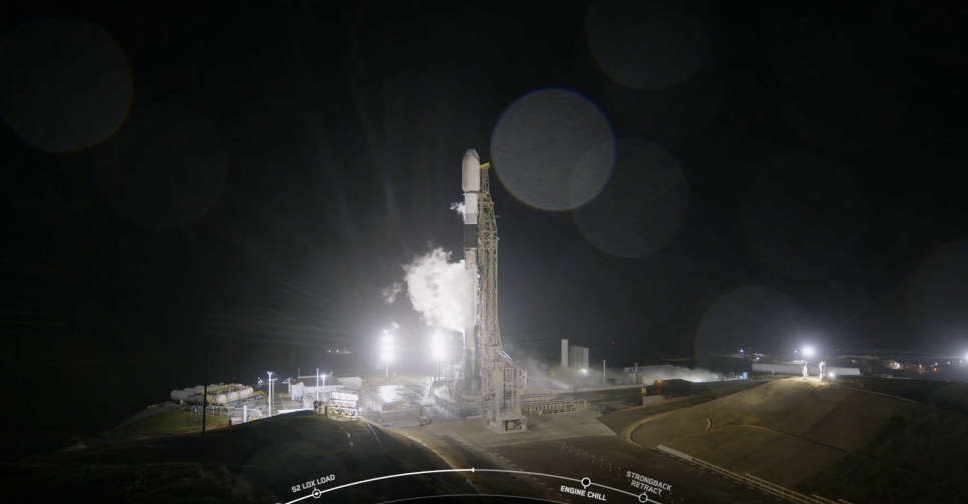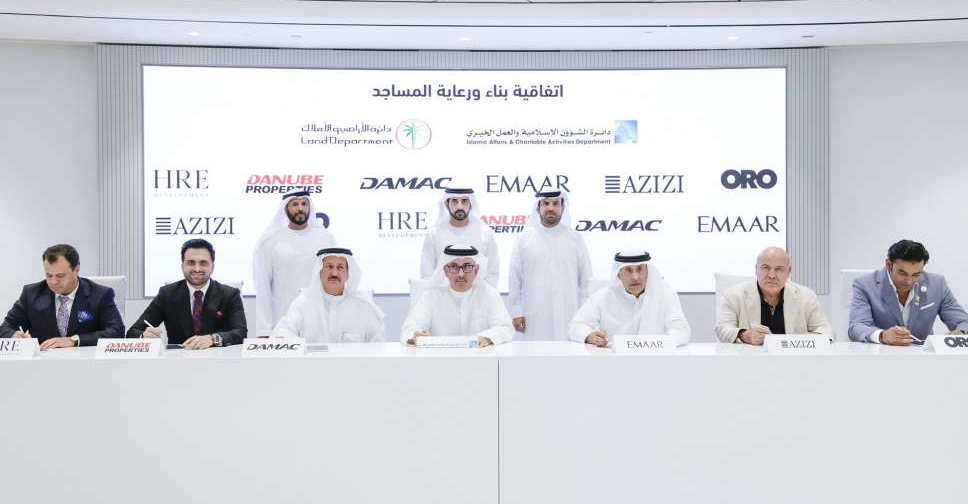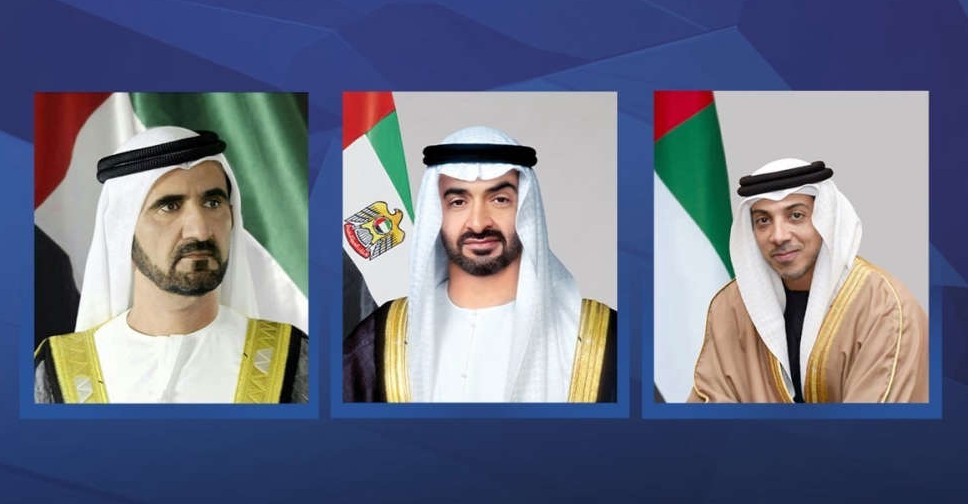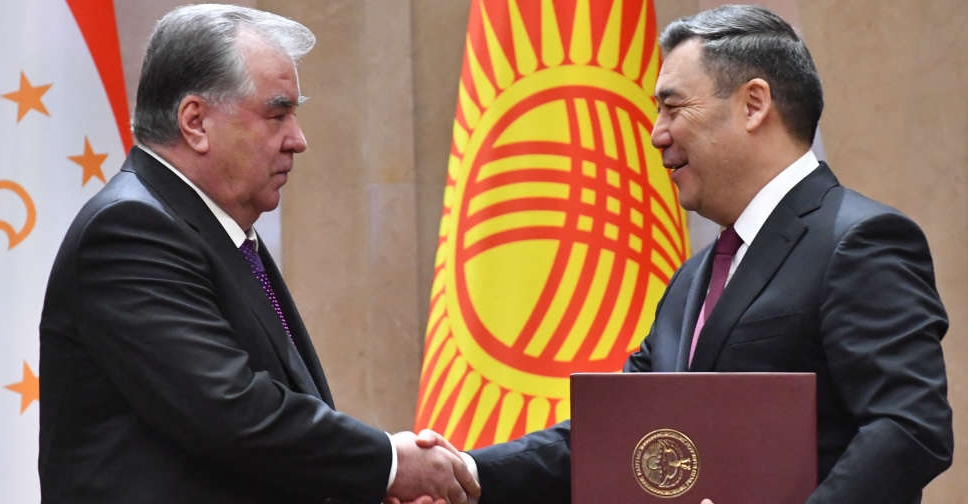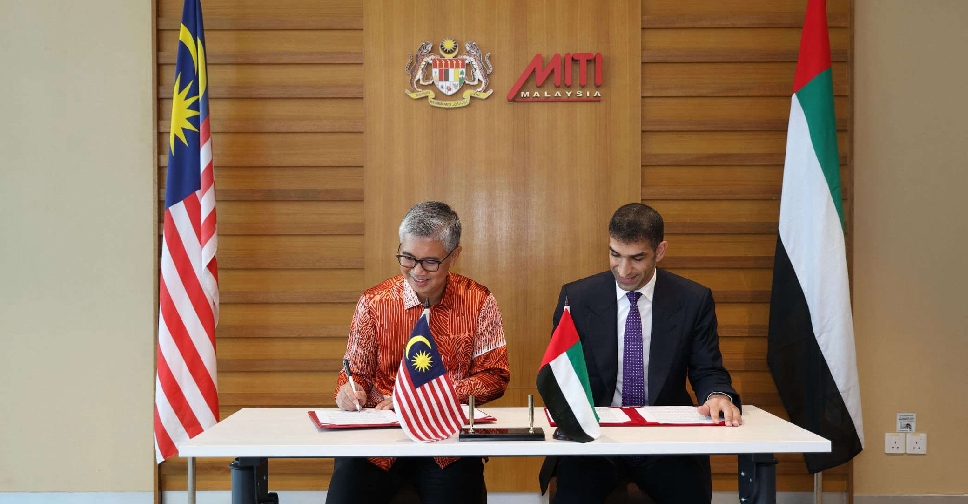
The UAE and Malaysia have officially concluded negotiations for a Comprehensive Economic Partnership Agreement (CEPA), aimed at eliminating or reducing tariffs, lowering trade barriers and fostering collaboration between private sectors while opening new investment pathways.
This agreement builds on the growing economic relationship between the two nations, which saw bilateral non-oil trade surpass $4.9 billion in 2023. In the first half of 2024, non-oil trade reached $2.5 billion, reflecting a 7 per cent increase from the same period last year.
Currently, Malaysia ranks as the UAE’s 12th-largest trading partner in Asia and fifth among ASEAN nations.
Meanwhile, the UAE is Malaysia’s second-largest trade partner in the Arab world, accounting for 32 per cent of its trade with Arab countries. Notably, the UAE is also the destination for 40 per cent of Malaysia’s merchandise exports to the Arab region.
Dr. Thani bin Ahmed Al Zeyoudi, the UAE Minister of State for Foreign Trade, highlighted that the ongoing efforts to finalize Comprehensive Economic Partnership Agreements with promising economies align with the UAE's vision for strategic partnerships aimed at enhancing trade, investment and sustainable economic growth.
He emphasised the strong relationship between the UAE and Malaysia, describing Malaysia as a trusted partner that, like the UAE, is focused on enhancing economic prospects through increased trade and targeted investment.
As the fourth-largest economy in Southeast Asia, Malaysia is projected to experience significant economic growth in 2024, presenting substantial opportunities for UAE exporters and business leaders, particularly in high-growth sectors such as energy, logistics, manufacturing and financial services.
"As Malaysia's first, historic Free Trade Agreement with a GCC nation, I am confident the CEPA will enhance trade, boost investments, and deepen the Malaysia-UAE economic ties," said Zafrul Aziz, Malaysia's Minister of Investment, Trade and Industry.
The UAE’s CEPA initiative aims to boost non-oil foreign trade to AED 4 trillion by strengthening ties with key global markets.
The UAE has already made strides in its relationships with the ASEAN bloc, with Comprehensive Economic Partnership Agreements in place with Indonesia and Cambodia, further accelerating bilateral trade.
The #UAE is strengthening our ties to South-East Asia. Today, HE @tzafrul_azizto, #Malaysia's Minister of Investment, Trade & Industry, and I concluded negotiations towards a #CEPA, paving the way for greater collaboration with the fourth-largest economy in the ASEAN bloc. 🇦🇪🇲🇾 pic.twitter.com/myUDLLL1hM
— د. ثاني أحمد الزيودي (@ThaniAlZeyoudi) October 10, 2024

 OpenAI and Musk agree to fast tracked trial over for-profit shift
OpenAI and Musk agree to fast tracked trial over for-profit shift
 Starship, carrying Tesla's bot, set for Mars by end-2026: Elon Musk
Starship, carrying Tesla's bot, set for Mars by end-2026: Elon Musk
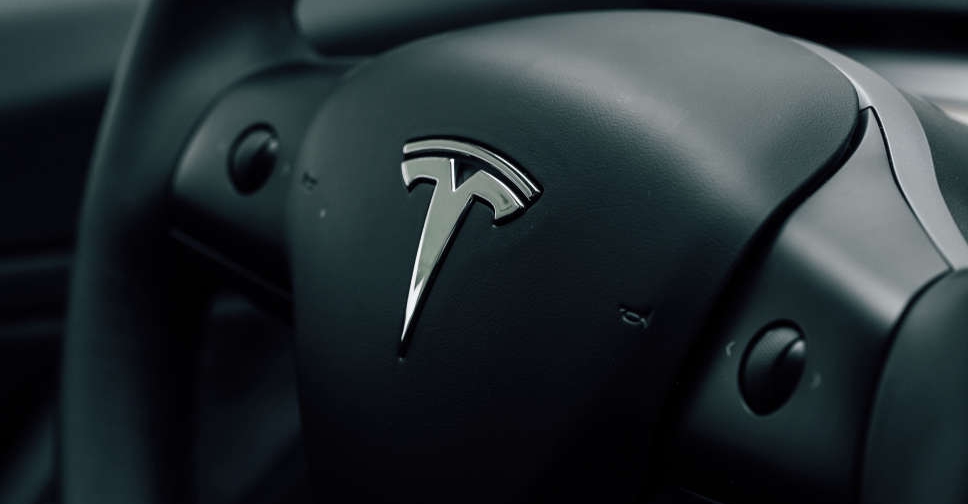 Tesla warns it could face retaliatory tariffs
Tesla warns it could face retaliatory tariffs
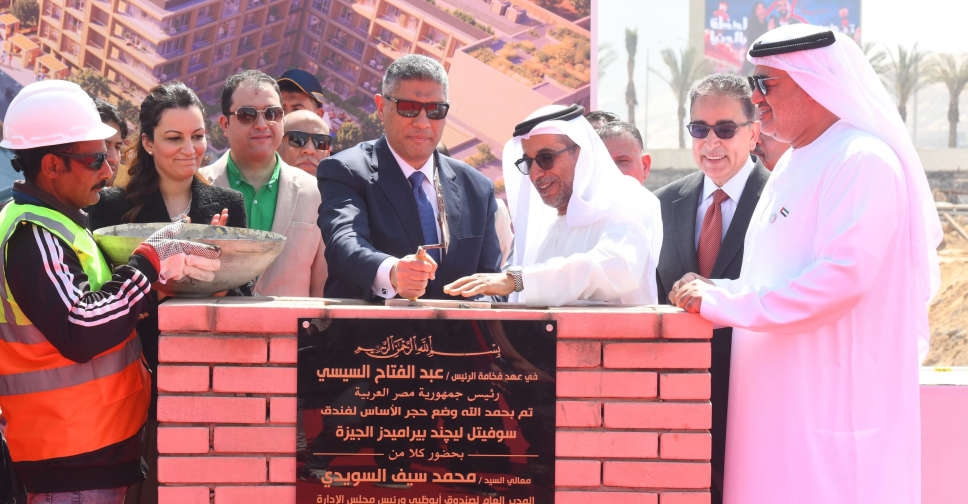 Abu Dhabi Fund for Development launches luxury hotel project in Egypt
Abu Dhabi Fund for Development launches luxury hotel project in Egypt
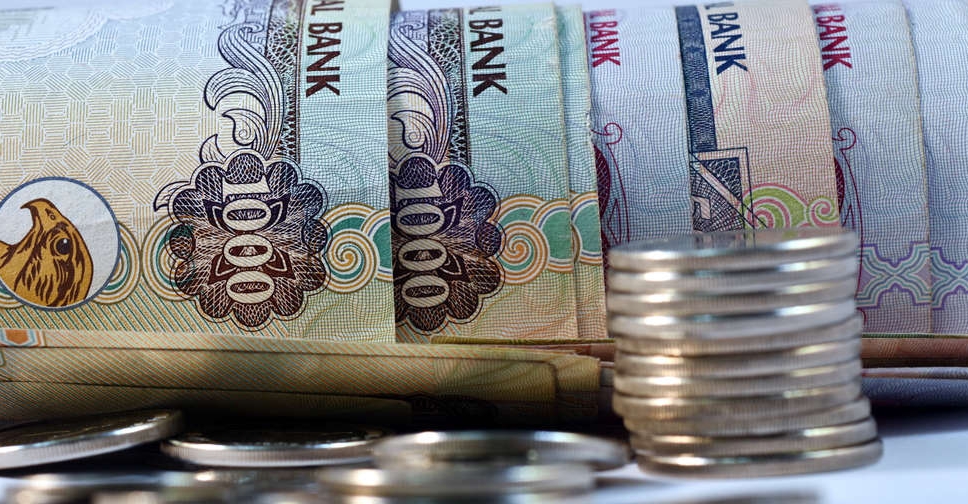 UAEFTS processes AED 19.89 trillion in transactions in 2024
UAEFTS processes AED 19.89 trillion in transactions in 2024
